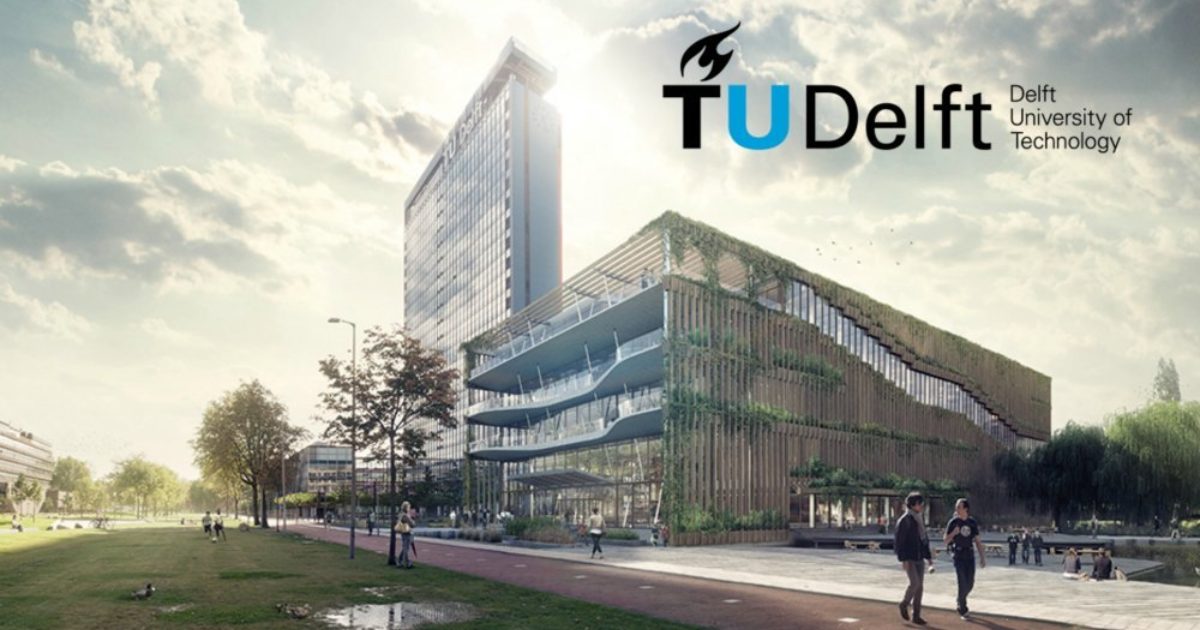TU Delft: Energy-producing Echo building opened at TU Delft Campus
From Monday 30 May, TU Delft teachers and students can start using sustainable education building Echo. After the summer break, the building will be in full use and the catering facilities will be fully operational. This energy-producing building on TU Delft Campus is set to contribute to TU Delft’s ambition of operating in a completely sustainable manner and becoming a carbon-neutral and circular campus by 2030.
Achieving carbon neutrality by 2030 requires a major commitment and participation from all faculties and departments, from procurement to building management to communications. TU Delft Construction Project Manager Kübra Öztürk: “Our construction projects can contribute to making us a carbon-neutral and circular campus by 2030. The Echo building is an example of this. It is the first energy-producing building on TU Delft Campus. All the power needed for the use of laptops, for lighting and for catering facilities, is being generated with the help of solar panels, with electricity to spare.
Furnishings and materials
A sustainable educational building also requires sustainable use of materials and design. Öztürk: “Among the building materials used were bamboo and recycled PET bottles. And no less than ninety percent of the furniture in the building has been used before.” Also, to facilitate sustainable means of transport to the building, a bicycle basement with more than 600 spaces can be found below Echo.
Flexibility
Echo was built to accommodate the growing number of students, as well as the need for larger but also more flexible teaching spaces and different types of education. Echo consists of four floors, comprising a total of seven teaching rooms, most of which can be arranged flexibly. For example, the largest lecture hall of 700 places, can be divided into three separate rooms. Group work and self-study are possible at the more than 350 study places. Facilities such as power outlets have been incorporated into the floor to facilitate the rearrangement of rooms. This high degree of adaptability is also a form of sustainability: it enables the building to continue to meet the needs of new generations of users.
Climate action
Making the TU Delft Campus more sustainable is an important part of the Climate Action Programme, which also provides for additional investment in Climate Action research and education. At Climate University TU Delft, researchers are committed to finding solutions to the climate problem on a daily basis. We gather the knowledge we need to better understand the climate from a regional to a global level. We also work on innovative solutions to limit climate change as much as possible (mitigation) and develop adaptations where this is not possible (adaptation). Over the next ten years, TU Delft will be spending a total of 22 million euros on setting up and shaping this programme.

